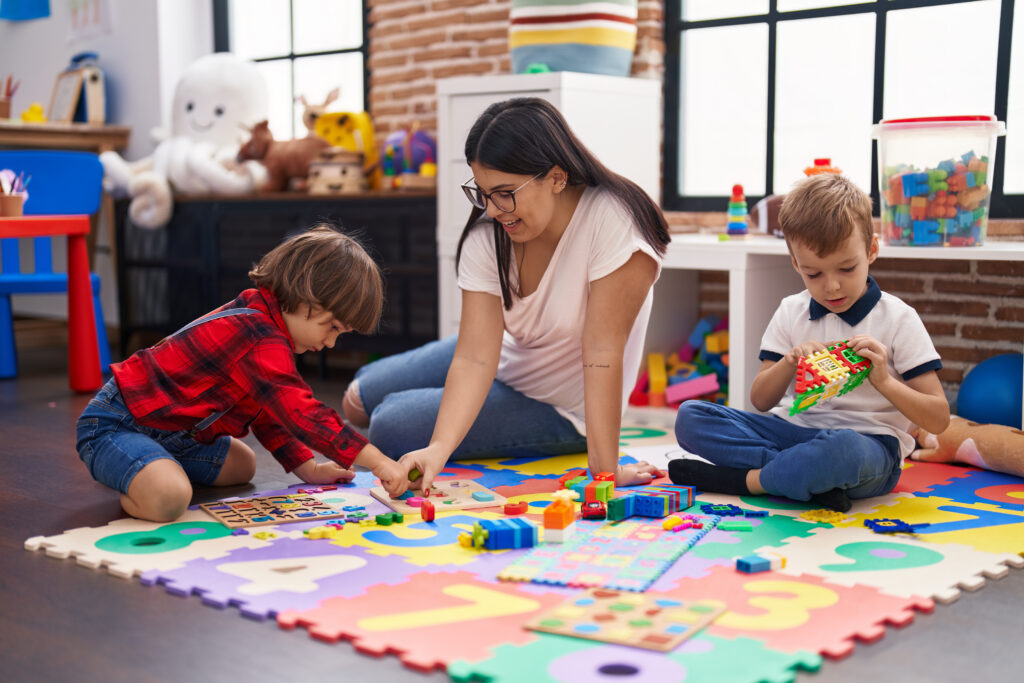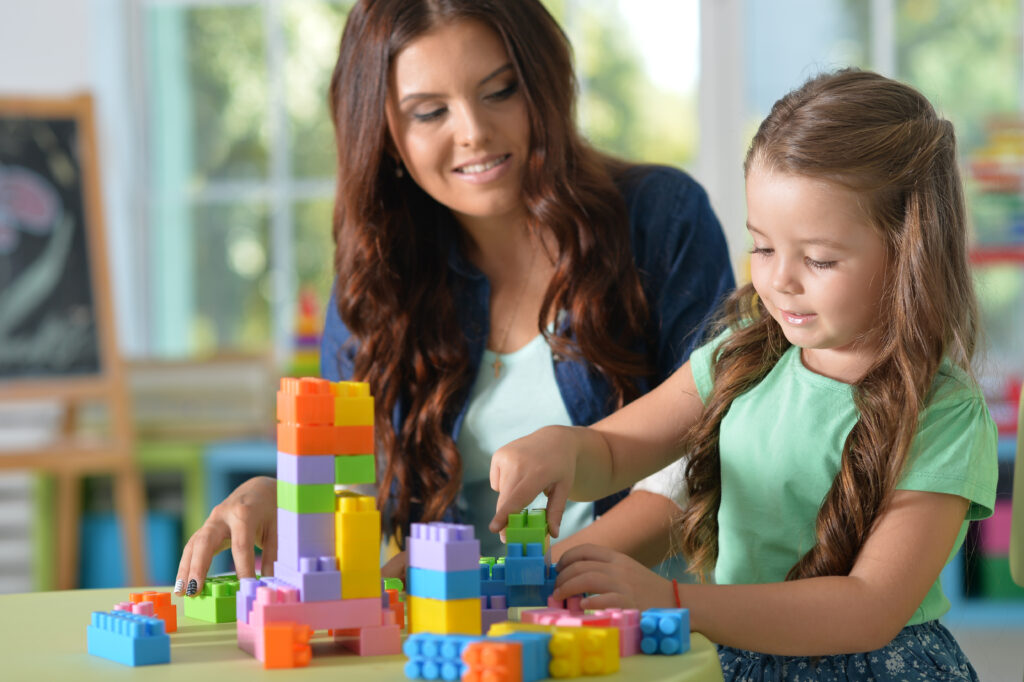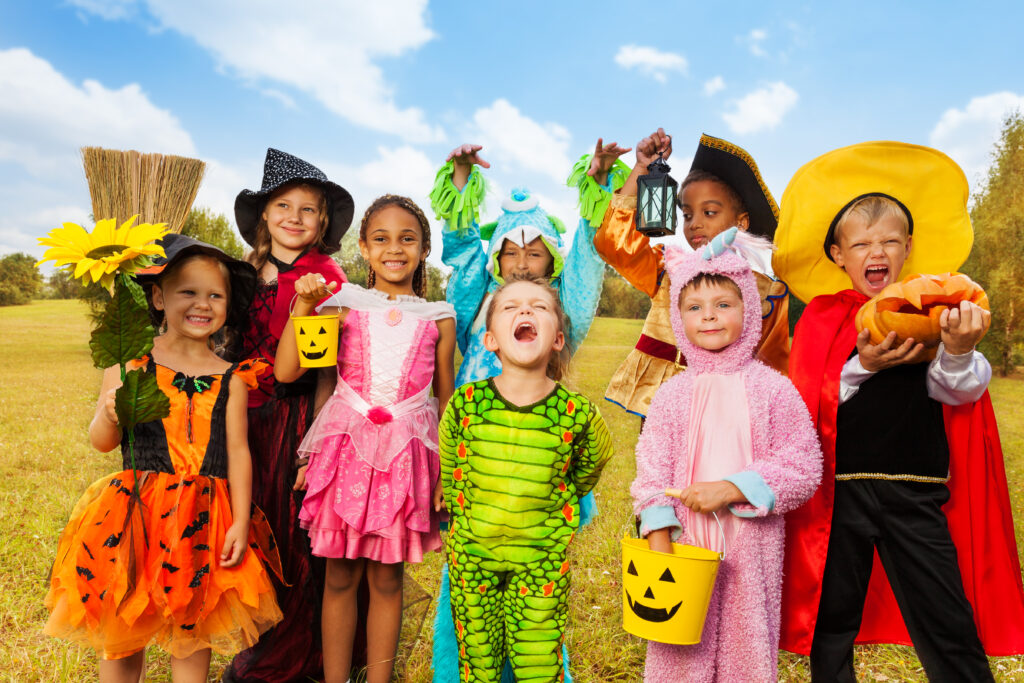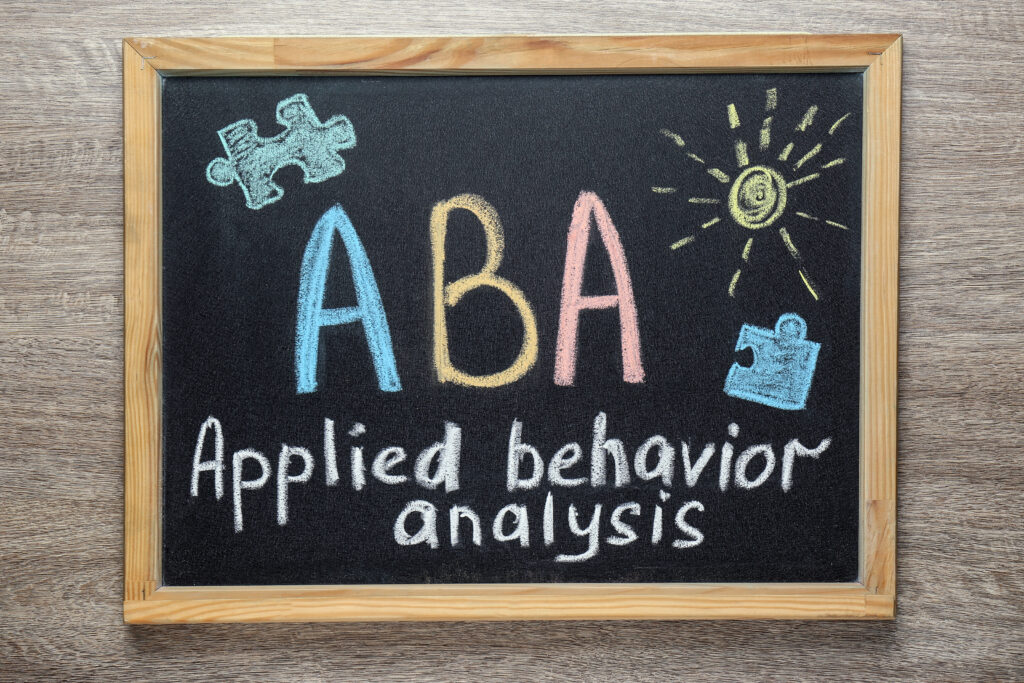Unlock Social Success for Your Child with Autism: The Power of ABA Therapy
Does your child with autism struggle with social interactions? Applied Behavior Analysis (ABA) therapy offers a proven solution to build essential social skills. Unlock your child’s potential with ABA – the key to social success for kids with autism.
What is ABA Therapy?
Applied Behavior Analysis (ABA) is a scientific, evidence-based approach designed to shape behaviors through targeted interventions, positive reinforcement, and careful data collection. When it comes to social skill development, ABA therapy can be a game-changer for children with autism.
How ABA Therapy Helps Children with Autism Build Social Skills

- Understanding social cues: For example, during an ABA social skills group, ABA therapists teach children to recognize nonverbal cues like facial expressions, tone of voice, and body language. For example, a therapist might show pictures of different facial expressions (happy, sad, angry) and explain what each means. They could then act out a scenario where someone is speaking in a frustrated tone with crossed arms, explaining that this body language suggests the person might be upset.
- Improving communication skills: AABA strategies focus on both verbal and nonverbal communication. To improve verbal skills, a therapist might use picture cards to help a child request items or express their needs. For nonverbal communication, they might teach a child to point to indicate a choice or nod their head to show agreement.
- Managing behaviors: ABA helps address behaviors that interfere with social interactions, promoting appropriate responses and self-regulation.
- Developing friendships: ABA therapists create opportunities for children with autism to engage and interact meaningfully with peers.
- Boosting self-confidence: As social skills improve, a child’s confidence in social situations grows.
ABA Therapy for Social Skills: What it Looks Like
ABA therapy for social skills is highly individualized to each child’s unique needs. Here are some common approaches:
- Social skills groups: Social skills groups provide safe spaces for practice. A therapist might facilitate a game where children take turns rolling a ball and sharing something about themselves with each roll. Another activity could focus on cooperation, like building a block tower together where each child contributes. (Visit Kids Club ABA for social skills groups:https://kidsclubaba.com/about/)
- Role-playing: Role-playing allows children to rehearse difficult situations in advance. A therapist might act as a shopkeeper and the child a customer, practicing how to greet someone, ask for an item, and pay. The therapist provides guidance and positive feedback throughout. (Visit Kids Club ABA for role-playing and social skills: https://kidsclubaba.com/services/
- Video modeling: Video modeling provides a visual guide to social behavior. A therapist might show a video of children sharing toys, then break down the video step-by-step (greeting each other, asking to play, taking turns). Afterwards, the child practices these steps with a sibling or peer.
- Positive reinforcement: Therapists consistently reward and encourage positive social behaviors, solidifying these skills for lasting success.
How ABA Therapy Helps Children with Autism Build Social Skills

- Initiating Interactions:
- Discrete Trial Training (DTT): Therapists break down the steps of starting a conversation (e.g., making eye contact, saying “hello,” asking a question) and teach them systematically with rewards.
- Natural Environment Teaching (NET): Therapists create opportunities in everyday settings (e.g., at the playground) and prompt the child to approach a peer and initiate play.
- Maintaining Conversations:
- Reinforcement: Therapists consistently reward attempts to continue a conversation, such as asking follow-up questions or commenting on what the other person says.
- Scripting and Fading: Initially, therapists might provide a “script” for a back-and-forth interaction, gradually reducing the script’s length as the child learns to converse more naturally.
- Understanding Emotions:
- Visual Supports: Cards with simple drawings and labels of emotions (happy, sad, etc.) help children identify what they or others are feeling.
- Social Stories: Therapists create short, personalized stories describing social situations and appropriate responses, offering a predictable framework and promoting emotional understanding.
- Perspective-Taking:
- Role-playing with Puppets: Taking on different roles through puppets can help children understand different viewpoints within a situation.
- “What would you do if…” Scenarios: Therapists present hypothetical social dilemmas, encouraging the child to consider how others might feel and how they could respond appropriately.

- Nonverbal Communication:
- Mirroring: Therapists model appropriate eye contact, gestures, and facial expressions, encouraging the child to imitate these cues.
- Video Feedback: Recording a child during a social interaction allows the therapist to analyze nonverbal behaviors and provide specific feedback for improvement.
- Handling Conflict and Disappointment:
- Functional Communication Training (FCT): Teaches children to express frustration or disagreement appropriately (e.g., using words like “I’m upset” instead of throwing tantrums).
- Teaching Coping Strategies: Therapists introduce techniques like taking deep breaths or counting to help children manage strong emotions and avoid outbursts.
Important Note: ABA therapists tailor their approach to each child’s specific social skill deficits. Collaboration with parents is also vital, as they can help reinforce these skills during everyday routines and interactions at home.
Choosing an ABA Provider in Georgia or Atlanta or Georgia ABA social skills group
Finding the right Georgia ABA provider or Atlanta ABA provider is crucial. When interviewing potential providers, be sure to ask these vital questions:
- Qualifications: What certifications and experience does the ABA team have in working with children with autism and focusing on social skills?
- Methodology: What specific ABA techniques are used to target social skill development?
- Customization: How will the program be tailored to my child’s individual needs and strengths?
- Progress tracking: How will progress be measured and communicated with parents?
- Parent involvement: What opportunities exist for parents to collaborate and learn strategies for supporting their child’s social development at home?
Consider Kids Club ABA: ‘https://kidsclubaba.com/‘ for your child’s ABA therapy needs. Their expert team offers personalized, compassionate care to children in the Georgia and Atlanta areas.

Benefits of ABA Therapy for Social Skills Development
- Enhanced social connections: Improved social skills can lead to meaningful friendships and a stronger sense of belonging.
- Better school performance: Strong social skills are essential for success in classroom settings.
- Improved communication: Children become more effective communicators in all areas of life.
- Increased self-esteem: Successful social interactions boost a child’s self-confidence and overall well-being.
- Reduced behavioral challenges: As social skills develop, disruptive behaviors related to social struggles often diminish.
Additional Resources- Georgia ABA social skills
- Autism Speaks: ‘https://www.autismspeaks.org/‘ – A wealth of information and resources for families affected by autism.
- The National Autism Association: ‘https://nationalautismassociation.org/‘ – Provides advocacy, education, and support.
I invite you to visit Kids Club ABA: https://kidsclubaba.com/contact/ to learn how we can empower your child with essential social skills for a fulfilling and connected life.
